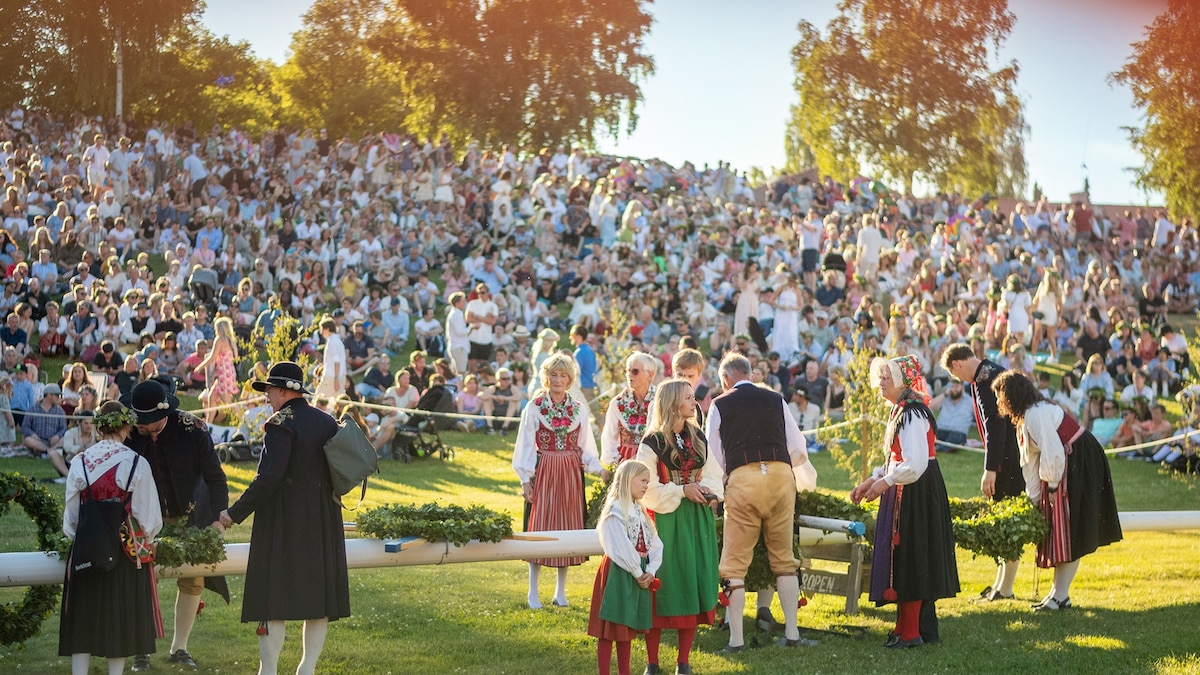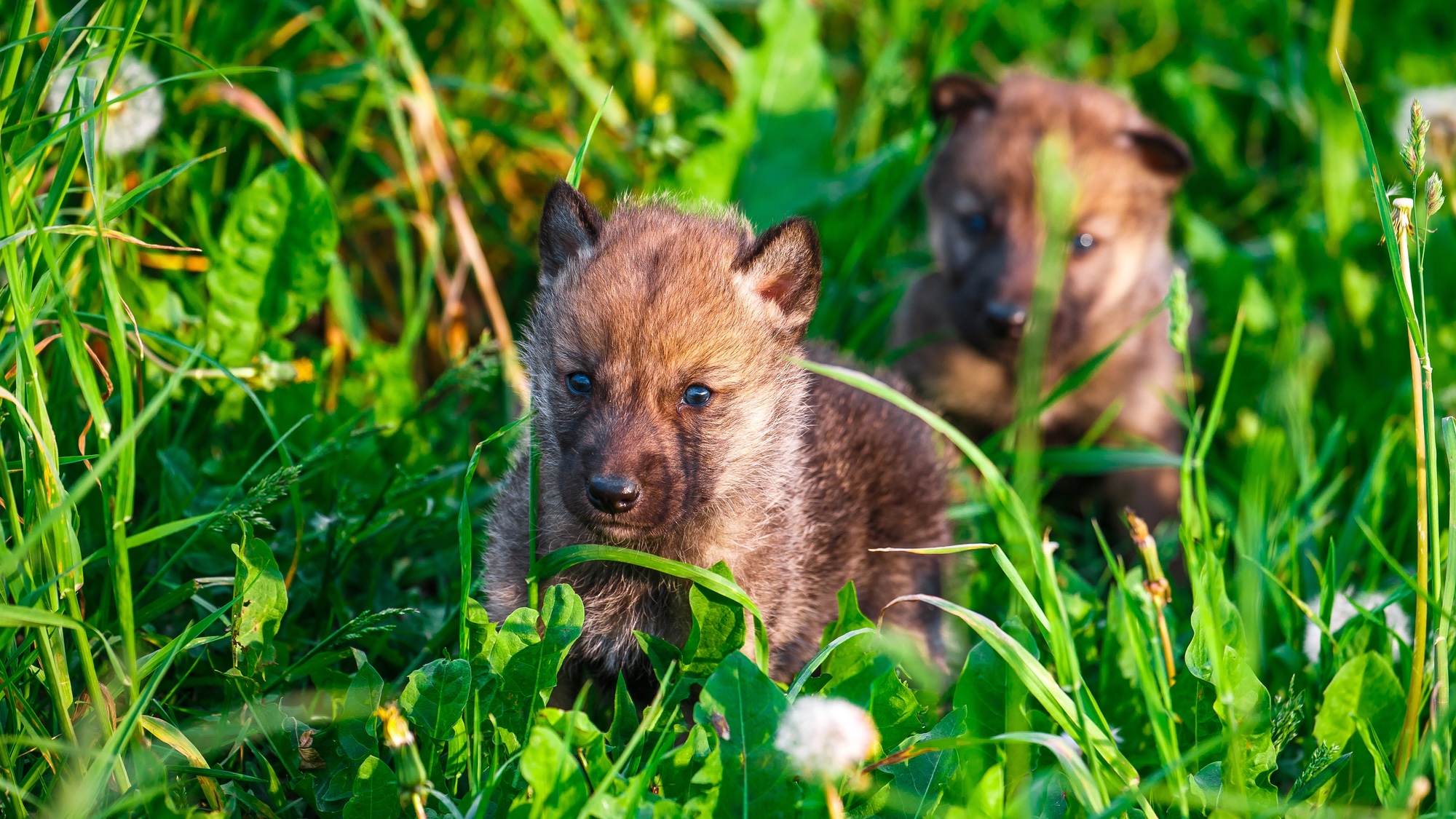Now Reading: 6 of the best summer festivals to travel to, according to an expert
-
01
6 of the best summer festivals to travel to, according to an expert
6 of the best summer festivals to travel to, according to an expert

This article was produced by National Geographic Traveller (UK).
There’s no better time to visit a new place than during a festival. These heightened moments, special points in the calendar, are when a culture reveals itself most vividly: town squares are festooned with flowers and draped in finery, people conceal themselves beneath extravagant costumes and wild-eyed masks, and the air is filled with the sound of music and the delicious smells of festival food.
But beyond just being outwardly captivating, festivals are also fascinating portraits of human behaviour. While writing my book about festivals, Fiesta: A Journey Through Festivity, I travelled from Indonesia to Ingol, Lancashire – and found that, across the world, festivals reflect certain universal patterns. The —sual rules of life are upended: social hierarchies dissolve, inhibitions are shed, and altered states of consciousness are pursued with relish. Whether you’re a participant or an observer, the experience of a festival can be inspiring, life-affirming and, sometimes, transcendent. Here are six of the best festivals to visit across the world this summer.

Around 30,000 spectators descend on the town of Leksand to watch locals, dressed in traditional white blouses, colourful dresses and floral wreaths, process from the town church to the Sammilsdal, a natural grassy amphitheatre.
Photograph by Anna Holm, Visit Dlarna
1. Midsommar, Leksand, Sweden
Summer solstice (20/21/22 June)
It may have entered the horror pantheon thanks to the celebrated 2019 movie Midsommar, but there’s nothing (too) scary about Scandinavia’s real-life summer solstice celebrations, the most famous of which is to be found in the central Swedish town of Leksand.
As many as 30,000 spectators descend on the town to watch locals, dressed in traditional white blouses, colourful dresses and floral wreaths, process from the town church to the Sammilsdal, a natural grassy amphitheatre. Here, they dance around a maypole covered in plants and flowers, singing folk songs which celebrate the warmth and light of the year’s longest day. The party continues long into the twilight of the midsummer night, with revellers eating pickled herring and strawberries and drinking aquavit, the potent local liquor.
(6 of the best destinations to celebrate midsummer in Europe.)

Glastonbury’s Pyramid Stage sets the scene for unforgettable summer performances.
Anna Barclay
2. Glastonbury Festival, Pilton, England
Last weekend of June
More than just the archetypal summer music festival, Glastonbury reflects many of the strands common to festivity across the world — seasonality, debauchery, connection to nature, music and dance – and the resulting atmosphere is that of a folkloric utopia, all soundtracked by the finest musicians on the planet. A primordial rooting in the earth and connection to the seasonal calendar — common to many of the Glastonbury area’s festivals — is fostered by the event’s timing close to the summer solstice, and bards, druids and pagans of all stripes can often be found gathered at the festival’s very own stone circle — built not in 3000 BCE, but 1992.
The festival’s proximity to Glastonbury Tor, meanwhile, infuses the event with a touch of King Arthur mythology. And five miles from the festival site, many more solstice celebrants can be found at this green hill topped with a medieval tower, which is often identified with the mythical Isle of Avalon from Arthurian legend. In the nearby town of Glastonbury itself, meanwhile, celebrants gather at the Chalice Well, a sacred spring held in some legends to hide the Holy Grail.
3. Khareef Festival, Dhofar, Oman
21 June-20 September
Every summer, in the Dhofar region of Oman’s less-visited south, the desert blooms. From June to September, the tongues of the southeast monsoon lash the coast around Oman’s second city, Salalah, causing waterfalls and rivers to burst into life and seeing this otherwise arid corner of the Arabian Peninsula erupt in a riot of tropical green. Omanis flock from the oppressive heat of the north to refresh themselves in the fine misty rain, swim in natural pools framed by resplendent greenery, and relish the scent of the world’s finest frankincense trees in full bloom. The carnival-like Khareef Festival sees three months of music and dance performances, souks selling handicrafts and traditional foods, and hot air balloons soaring in the sky above.
4. Festa of Mnarja, Buskett Gardens, Malta
29 June
The tiny Mediterranean nation of Malta has one of the most jam-packed festival calendars in Europe, with more than one hundred festi – the local celebration of Catholic saints’ days — held between March and September. Each has its own character. Rabat hosts a stately affair in March, with regal decorations and a brass-band procession, while Mqabba marks its festa with some of the most rip-roaring fireworks displays imaginable. But the most memorable is arguably Mnarja (or L-Imnarja), held on 29 June to celebrate saints Peter and Paul. Held outside Rabat in the Buskett Gardens woodlands, the event sees locals dressed in medieval ruffs and velvet tunics, displays of fruit and vegetable carving, wandering minstrels playing Maltese folk tunes, and mountains of traditional food, including the national dish, rabbit stew.
5. Abare Festival, Ushitsu, Japan
4-5 July
Travel guides to Japan often emphasise the politeness and gentleness of its people, their cultural aversion to public outbursts and their dedication to exquisite, traditional arts and crafts. All of which makes it somewhat surprising to turn up in the Noto Peninsula town of Ushitsu each July and find it consumed by the chaos and fury of the Abare Festival, a.k.a the ‘Fire & Violence Festival’. Huge, beautiful lanterns, painted with mythological scenes and folktales, are painstakingly created throughout the year, only to be ritualistically destroyed by a band of drunk, loincloth-clad men, who smash the decorations against lampposts and pavements before burning them at the town’s main shrine. This symbolic riot of rage has its origins in the 17th century, as a way to ward off disease. Before, during and after the main procession, much sake is consumed by participants and spectators alike.

During Phuket’s Vegetarian Festival, spirit mediums process through the streets of Phuket Old Town by the thousand with swords, skewers and other sharp objects stuck through their faces at all angles.
Photograph by the Copyright of the Tourism Authority of Thailand
6. Phuket Vegetarian Festival, Phuket Old Town, Thailand
Ninth lunar month (September or October; dates vary)
A vegetarian festival, you might think, sounds pretty wholesome; a celebration of the tasty, health-bestowing properties of a meat-free diet. The island of Phuket, however, clearly didn’t get the memo. While this celebration does incorporate much delicious plant-based food, the nine-day Phuket Vegetarian Festival is more explicitly characterised by deafening noise and mind-boggling ritual mutilation, with spirit mediums processing through the streets of Phuket Old Town by the thousand with swords, skewers and other sharp objects stuck through their faces at all angles. Firewalking and climbing ladders of knives are among the other trials which the spirit mediums undertake, all while in a deep trance, to the sound of a chorus of firecrackers. Not an event for the faint of heart.
(Pearls, Peranakan culture and rare rituals: this is Phuket — but not as you know it.)
To subscribe to National Geographic Traveller (UK) magazine click here.(Available in select countries only).























